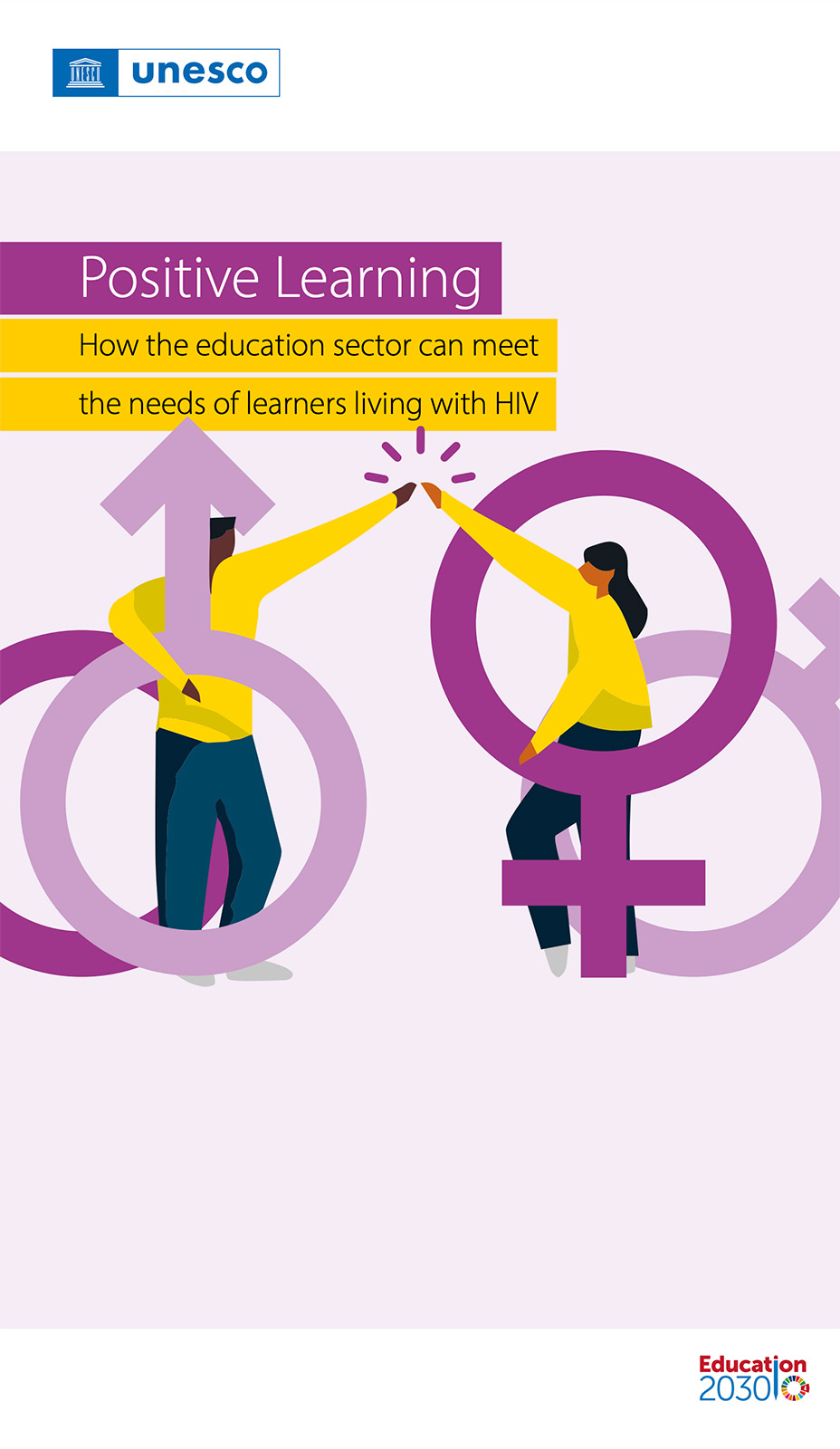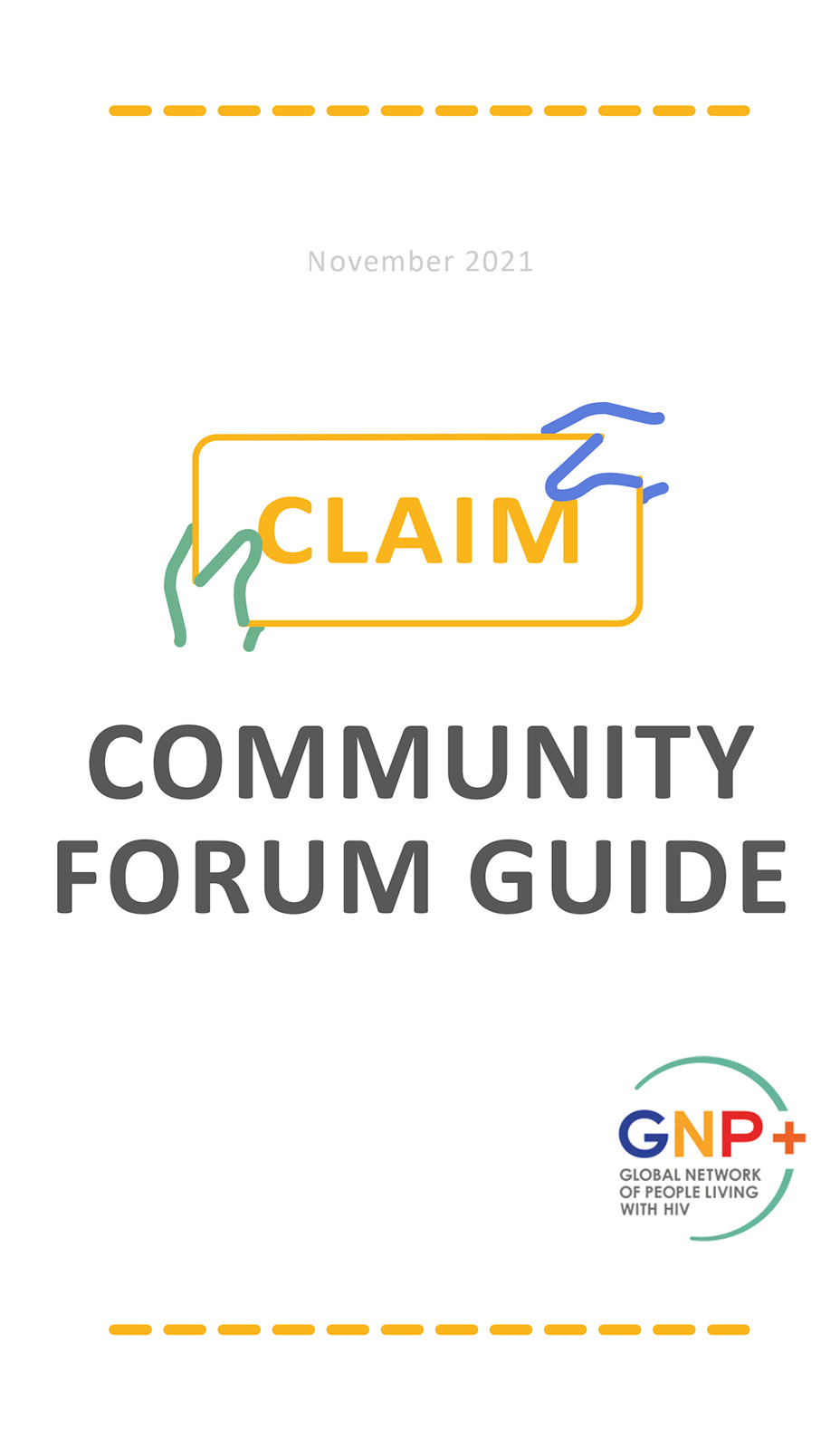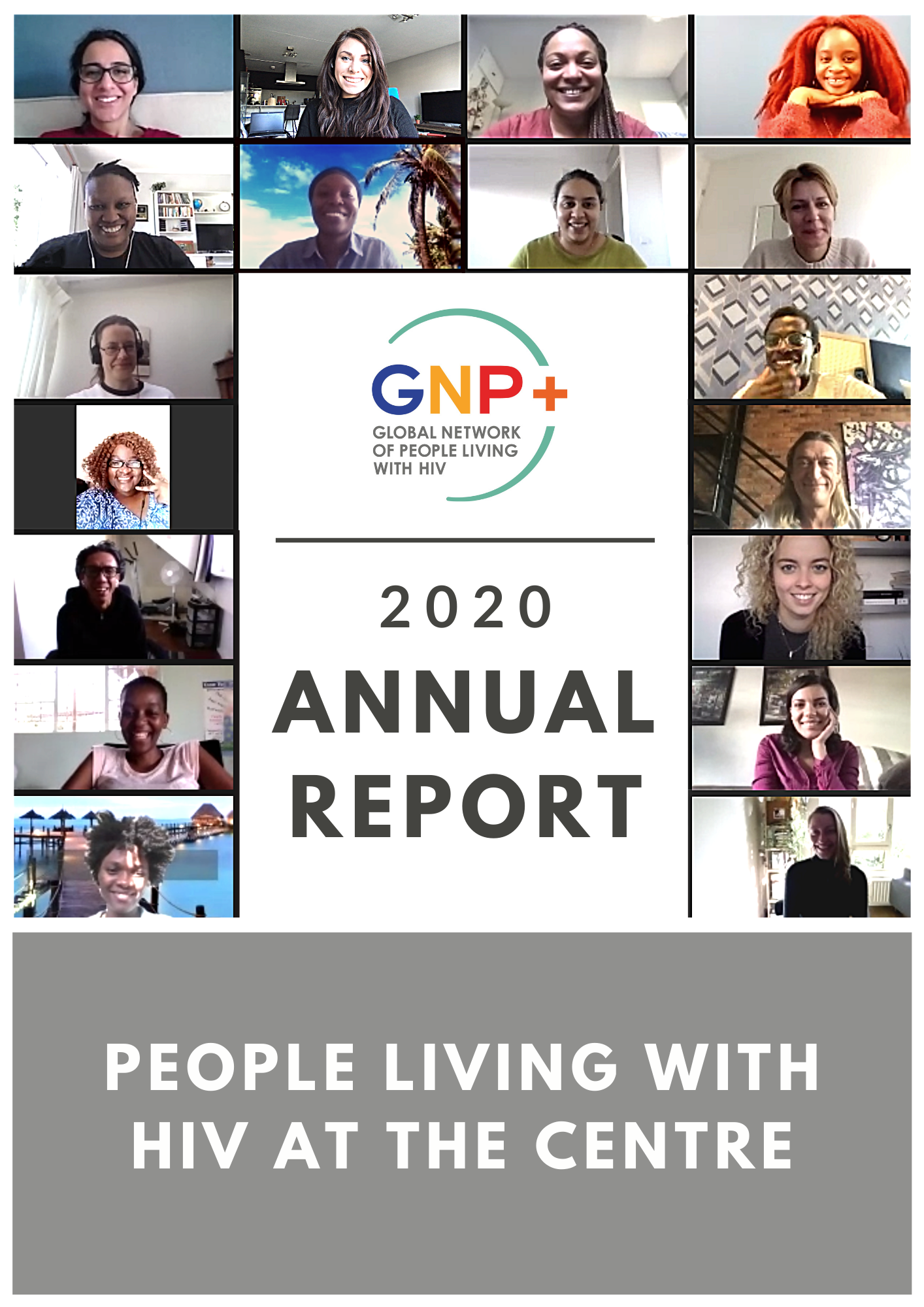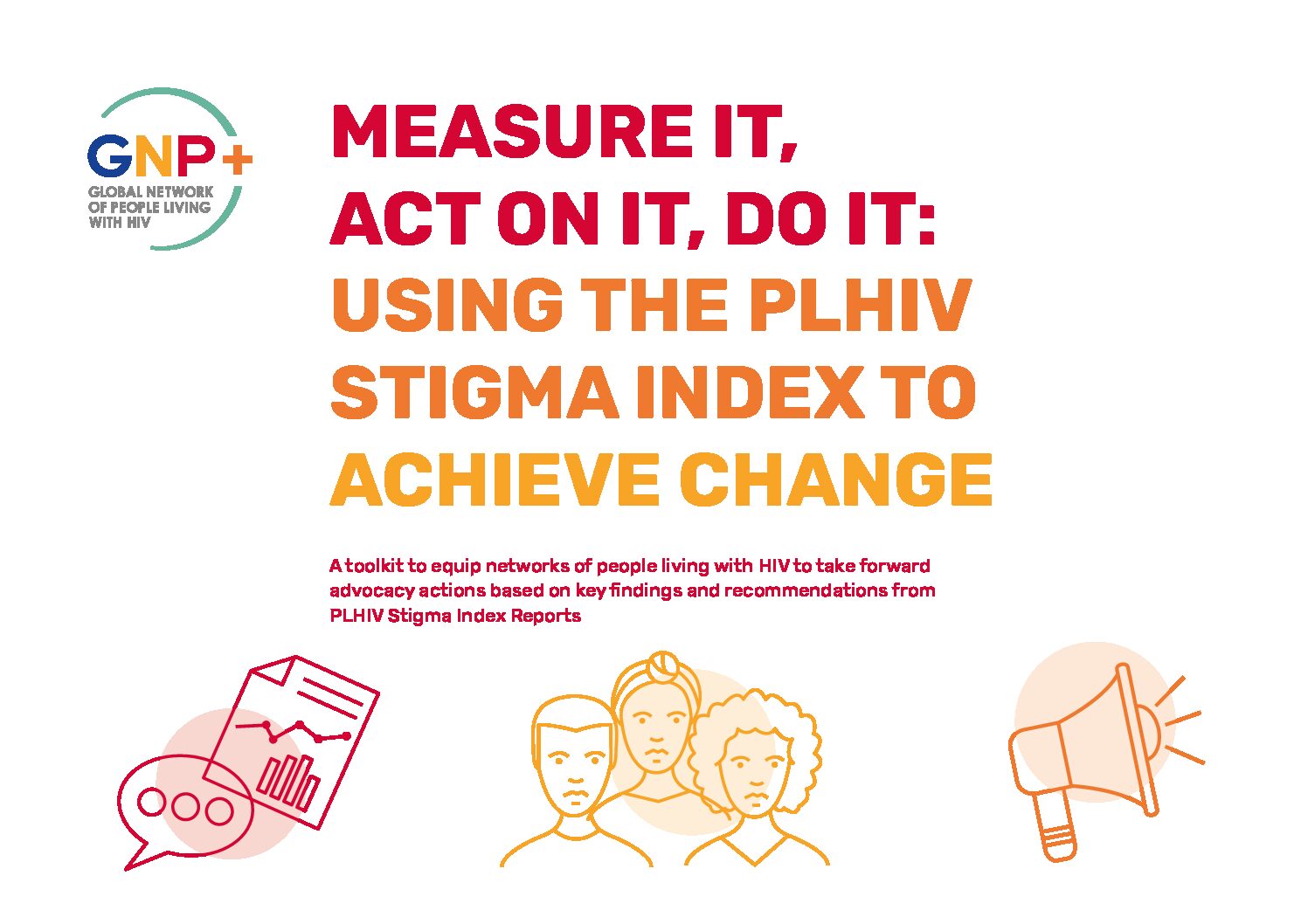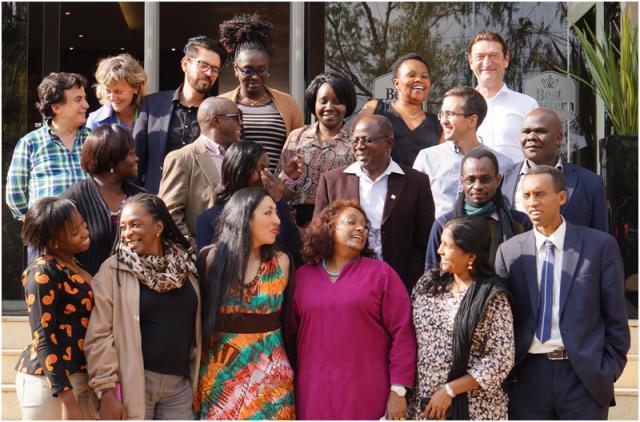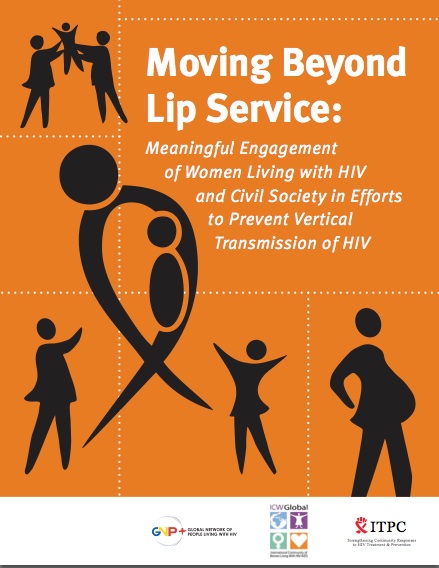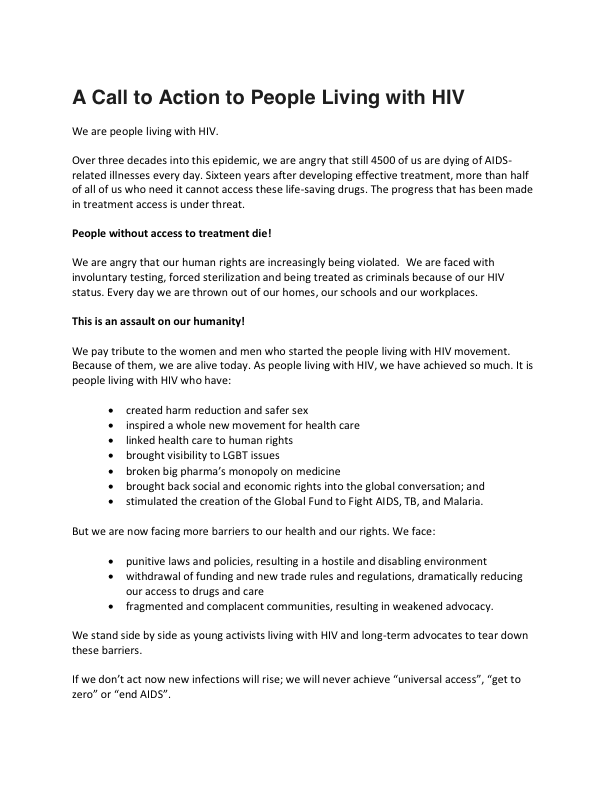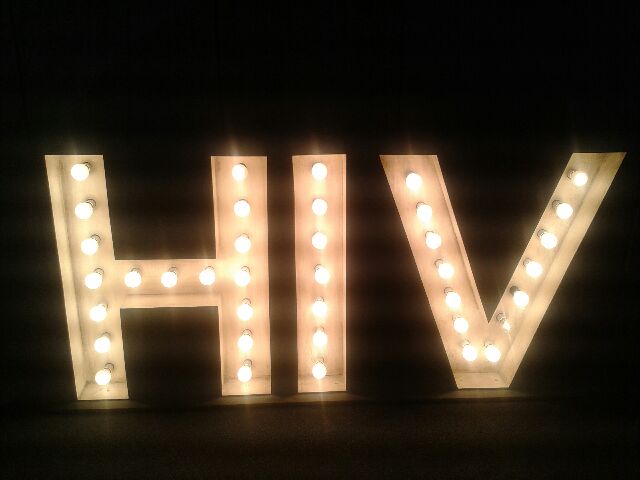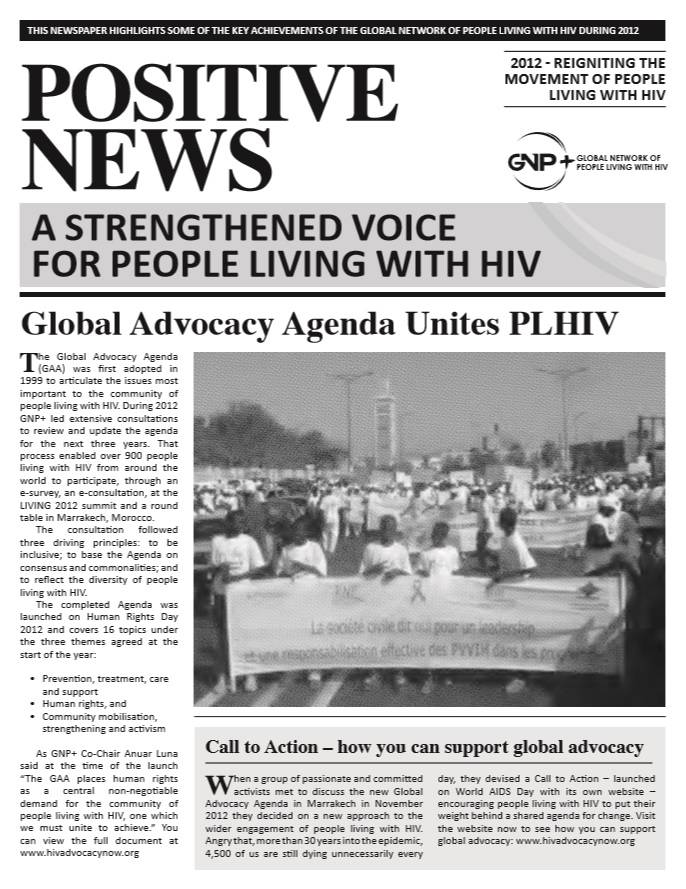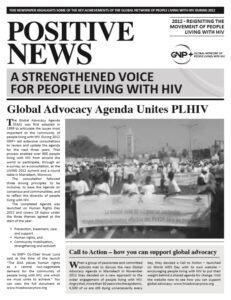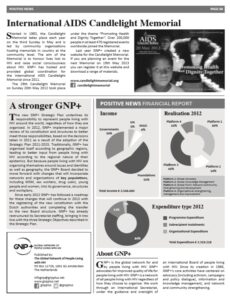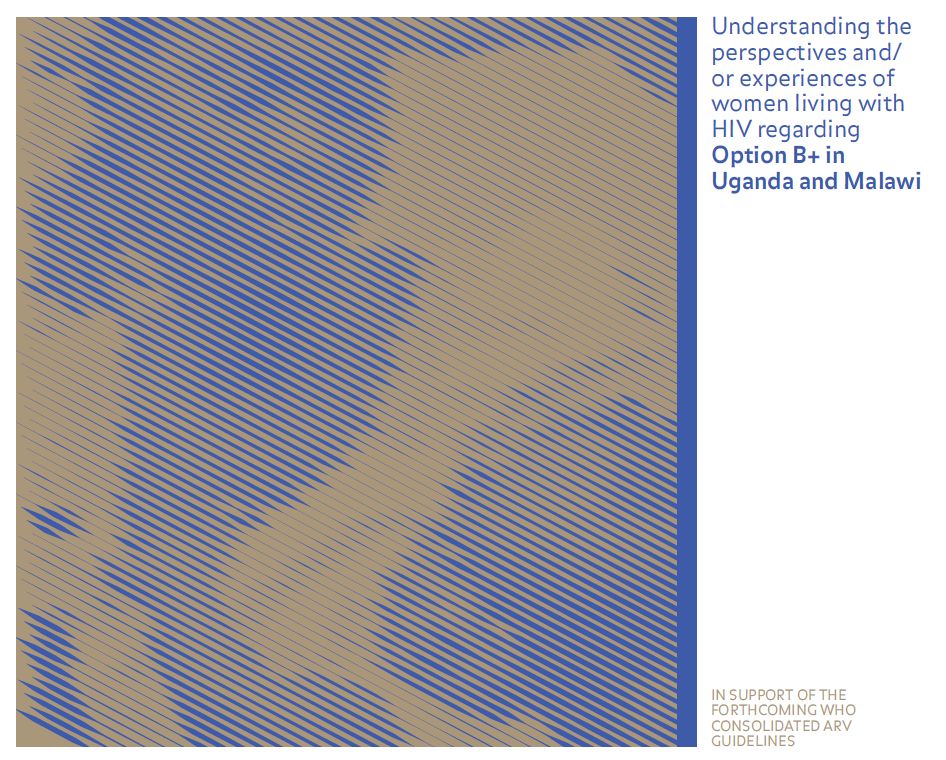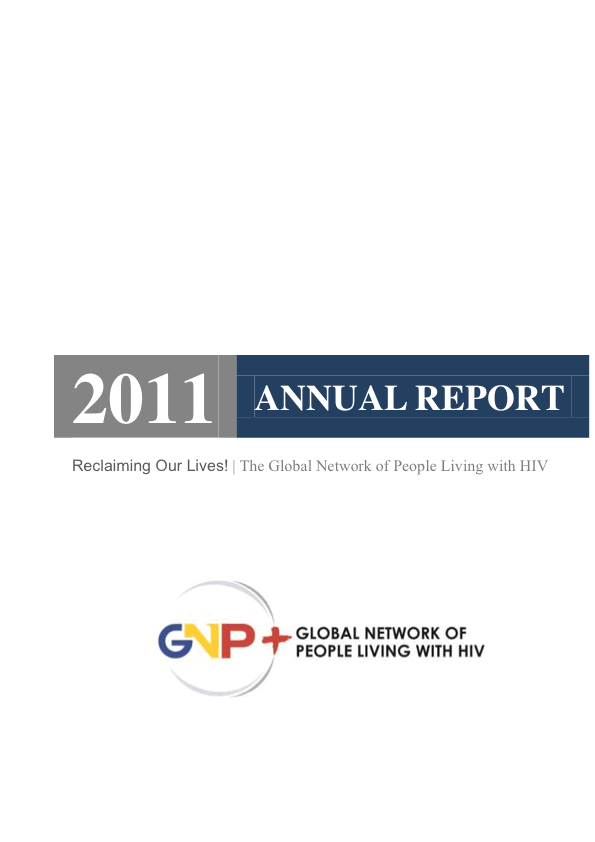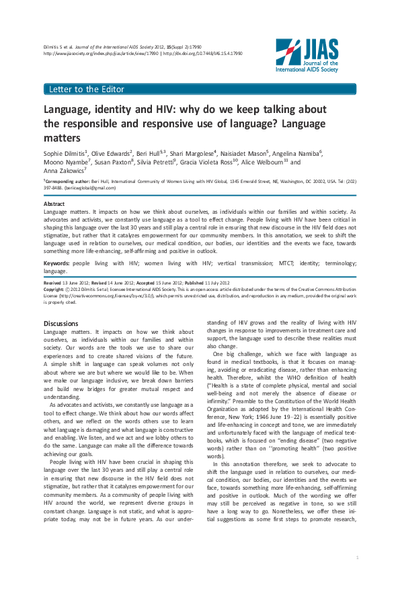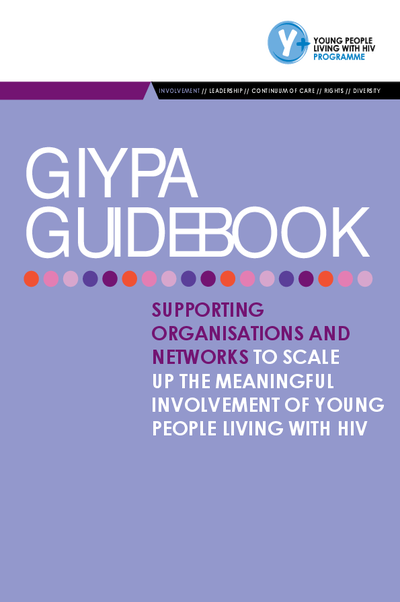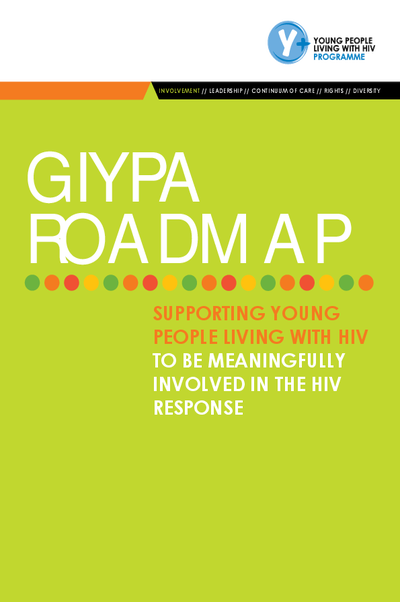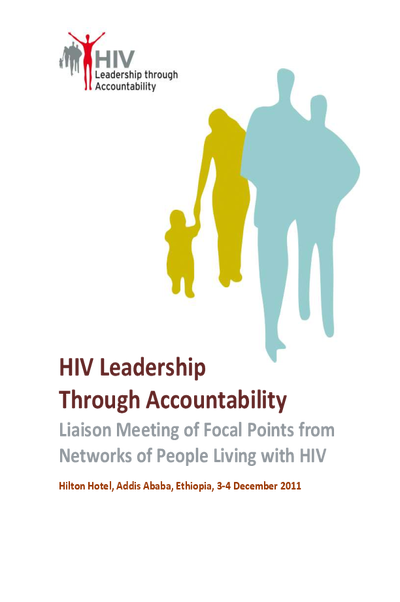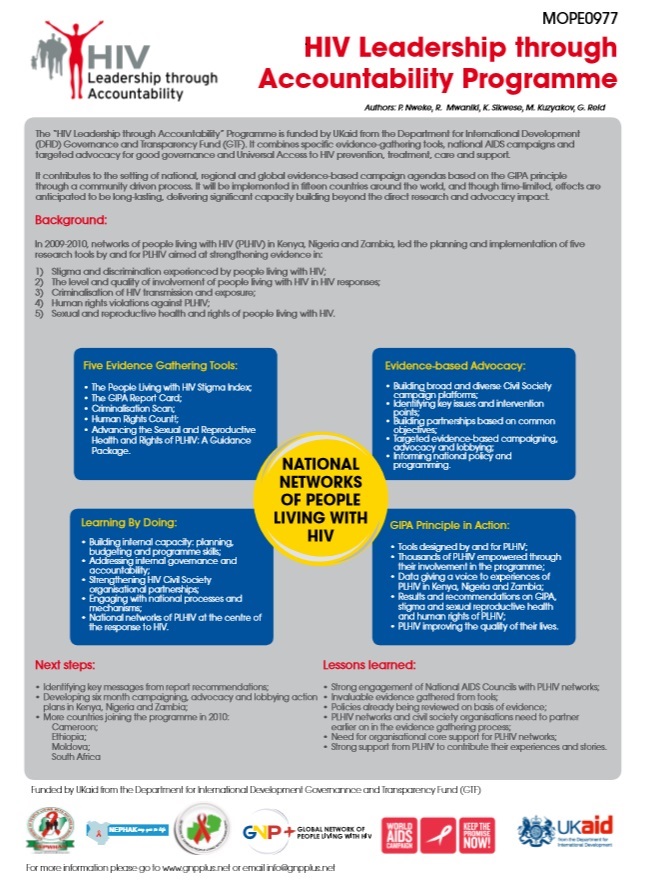We are people living with HIV.
Over three decades into this epidemic, we are angry that still 4500 of us are dying of AIDS- related illnesses every day. Sixteen years after developing effective treatment, more than half of all of us who need it cannot access these life-saving drugs. The progress that has been made in treatment access is under threat.
People without access to treatment die!
We are angry that our human rights are increasingly being violated. We are faced with involuntary testing, forced sterilization and being treated as criminals because of our HIV status. Every day we are thrown out of our homes, our schools and our workplaces.
This is an assault on our humanity!
We pay tribute to the women and men who started the people living with HIV movement. Because of them, we are alive today. As people living with HIV, we have achieved so much. It is people living with HIV who have:
- created harm reduction and safer sex
- inspired a whole new movement for health care
- linked health care to human rights
- brought visibility to LGBT issues
- broken big pharma’s monopoly on medicine
- brought back social and economic rights into the global conversation; and
- stimulated the creation of the Global Fund to Fight AIDS, TB, and Malaria.
But we are now facing more barriers to our health and our rights. We face:
- punitive laws and policies, resulting in a hostile and disabling environment
- withdrawal of funding and new trade rules and regulations, dramatically reducingour access to drugs and care
- fragmented and complacent communities, resulting in weakened advocacy.We stand side by side as young activists living with HIV and long-term advocates to tear down these barriers. If we don’t act now new infections will rise; we will never achieve “universal access”, “get to zero” or “end AIDS”.
We are in a state of emergency!
We will have access to the best available prevention, treatment and care for ourselves and our children.
We will enjoy all human rights and freedoms.
We will not stand idle and watch our sisters and brothers die.
We, as a coalition of people living with HIV, unite around the People Living with HIV Global Advocacy Agenda, which was developed by our communities around the world. The Global Advocacy Agenda describes what we all still need to ensure access to prevention, treatment, care and support, to protect our human rights and strengthen all of our communities.
This is a call to reinvigorate and galvanize the movement of people living with HIV in the face of this unprecedented global crisis that affects us all.
We urge all people living with HIV, networks of people living with HIV, and networks of key populations, to commit to join together in solidarity.
The next struggle of the People Living with HIV Movement has begun. For success, we need an even greater and more forceful movement that spans every region and every country with its roots embedded deep in each of our communities.
Please join us!
Available in the Arab, Chinese, Dutch, English, French, Russian and Spanish




